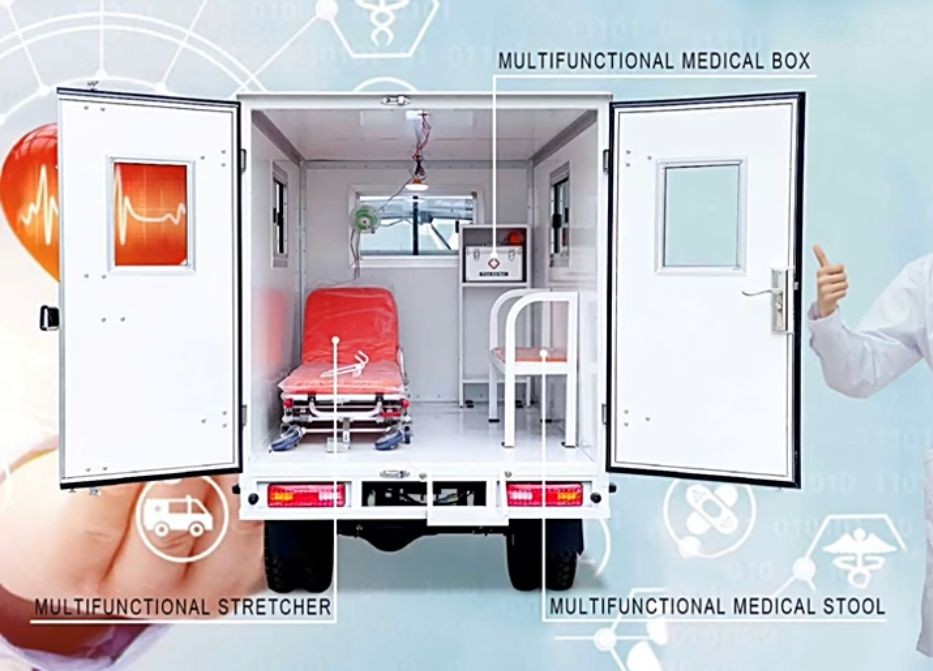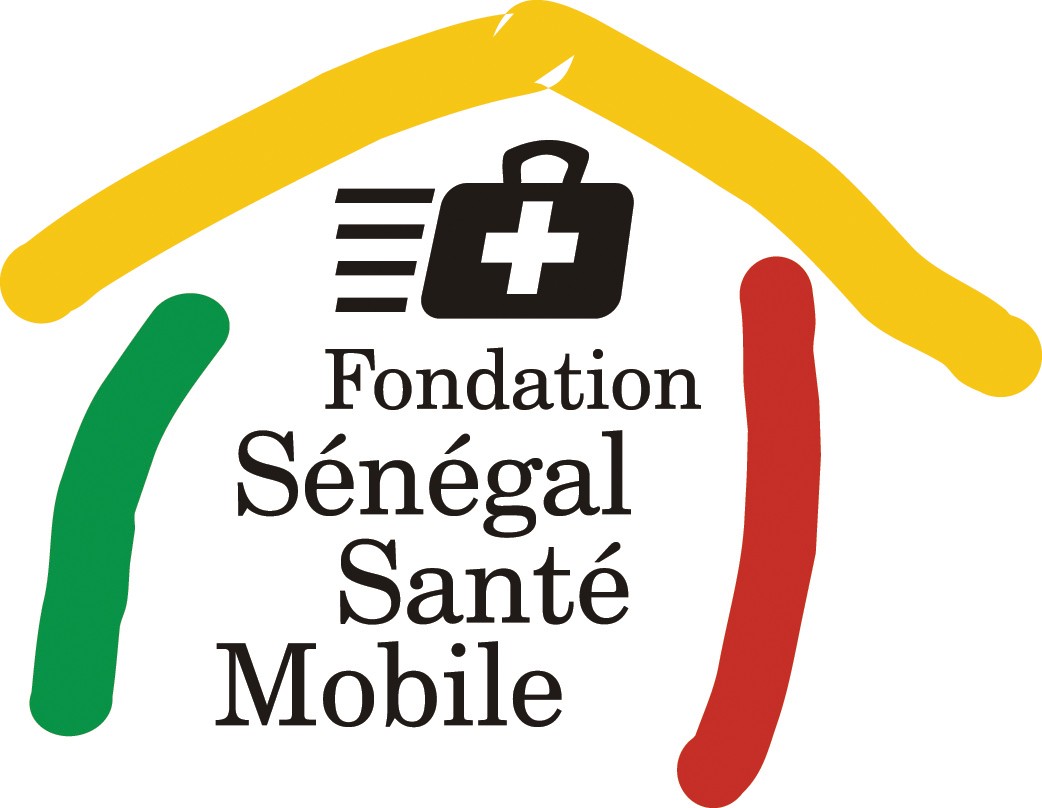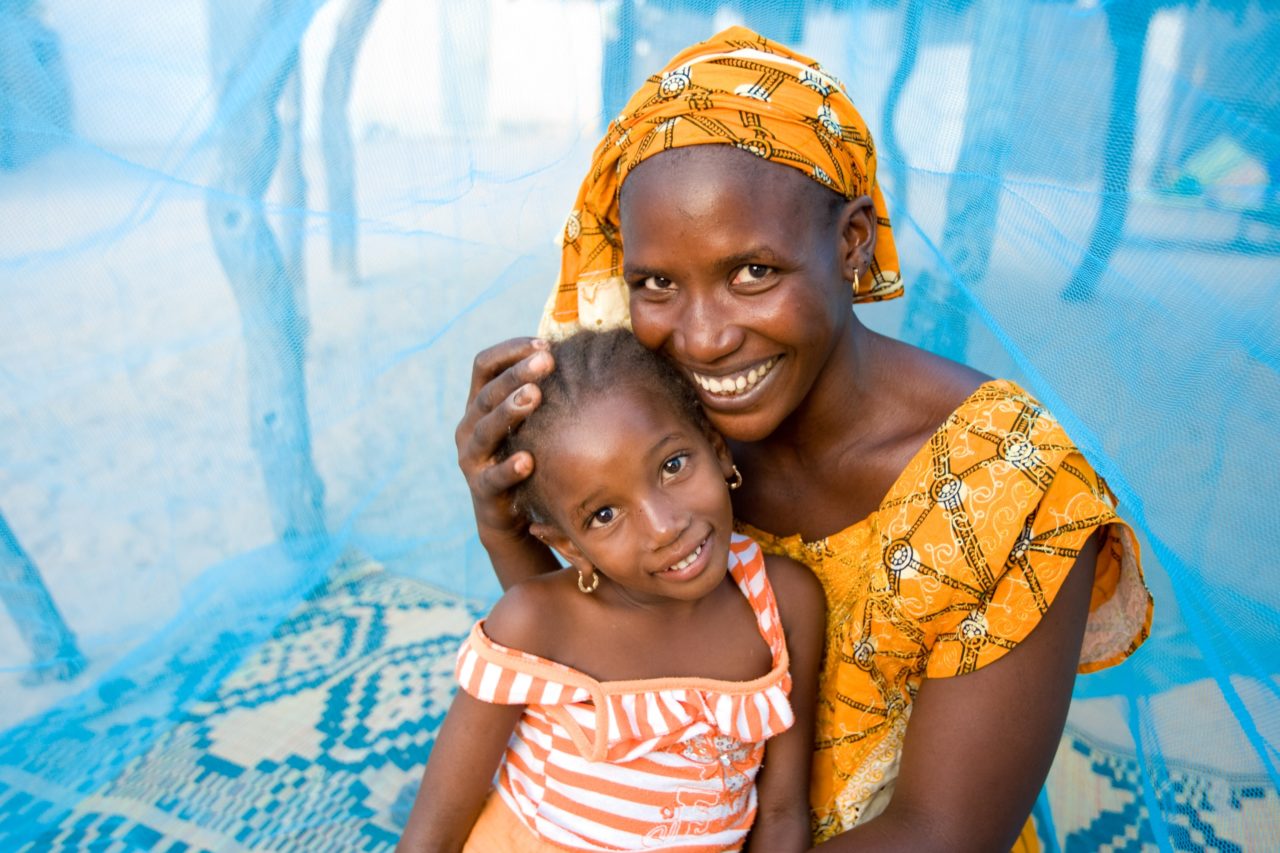 Our ambulance saves lives
Our ambulance saves lives
We help women in Senegal have safe childbirth and healthy babies
For most women pregnancy is a thrilling time filled with anticipation and joy. This is not always the case for women in rural Senegal. There childbirth can be risky. Our ambulance program for rural Senegal can make a difference. It helps women with difficult childbirth have a safe delivery and healthy babies. Most rural health services do not have the advanced personnel and tools to treat difficult childbirth cases. Cart and horse, when available are often the only way to go. A sophisticated ambulance equipped with a medical kit and nurse will bring them safely to a larger health facility for treatment. Our poster mother was one of 75% of women that were attended by health personnel (doctors, nurses or even midwives) at delivery in 2019. Pictured here is Ami Ka and her 4-year-old daughter who is forever grateful for the help she received.
Necessity
Women with difficult childbirth labor can bleed to death if they are not transferred to a larger treatment centre.
Activity
Our ambulance takes women in childbirth to a facility where they can be treated.
Countable effort
The ambulance log shows how many lives have been saved.
Result
Compared with previous years we hope to improve the maternal death statistics.
Systemic effect
Rural women have the right to safe childbirth.
Background
This GOOD DEED responds to the critical need to efficiently transport women in risk of dying during childbirth to a facility that can treat them properly - save their lives and that of their babies. According to WHO 2012 statistics Sub-Saharan Africa remains one of the most dangerous places to have a baby. The Senegalese government has made some effort to improve the level of care but the statistics speak for themselves. In spite of Senegal’s recent efforts to improve healthcare, maternal and infant mortality rates remain high. The Senegal government reports the risk of dying during pregnancy of 1 in 46 compared to developed countries where it is 1 in 43,000. Women with difficult childbirth labor can bleed to death if they are not transferred to a larger treatment centre. Our ambulance takes women in childbirth to a facility where they can be treated. The ambulance log shows how many lives have been saved. Compared with previous years, we hope to improve the maternal death statistics. Rural women have the right to safe childbirth.
The good deed
With your donation we will purchase a tricycle ambulance that will assure that other women like Ami KA can give birth in a well-equipped health centre. Other women will no longer be a statistic of maternal death. Women with difficult childbirth labor can bleed to death if they are not transferred to a larger treatment centre. This GOOD DEED aims to improve the following WHO SDG goals: 3.1 By 2030, reduce the global maternal mortality ratio. 3.2 By 2030, end preventable deaths of newborns, with all countries aiming to reduce neonatal mortality to at least as low as 12 per 1,000 live births. The ability to transport women with difficult birth labour would work to reduce the maternal ratio to meet the SDG goals. It would also permit more births to be attended by skilled personnel. The result would be the reduction of perinatal and neonatal deaths as well as women damaged with fistula due to stressful childbirth.

About Dakar, Senegal
Our GOOD DEED takes place in Village de Diohine, région de Fatick.
Dakar is the capital of Senegal. The metropolitan area of Dakar is estimated at 3.94 million (2021).
Per capita GDP
Senegal
2.053,03 CA$ (2021)
HDI Senegal 0.512
placed 168th of 189 countries
This Poste de santé serves a number of neighbouring villages that have no health services. The area is mostly underserved by the national health service for even the most basic maternal care.
About the organization and further information

Website
https://senegalsantemobile.org/
Further information and source
- • Maternal mortality ratio (modeled estimate, per 100,000 live births) - Senegal WHO, UNICEF, UNFPA, World Bank Group, and the United Nations Population Division. Trends in Maternal Mortality: 2000 to 2017. Geneva, World Health Organization, 2019 WHO, UNICE
- • Births attended by skilled health staff (% of total) - Senegal UNICEF, State of the World's Children, Childinfo, and Demographic and Health Surveys. WHO, UNICEF, UNFPA, World Bank Group, and the United Nations Population Division. Trends in Maternal Morta
- • Senegal - Demographics, Health & Infant Mortality - UNICEF ...https://data.unicef.org › country › sen
- • Press article : PAS DE ROUTE, PAS D’INTERNET, NI DE POSTE DE SANTÉ:Diohine, un village oublié des pouvoirs publics




